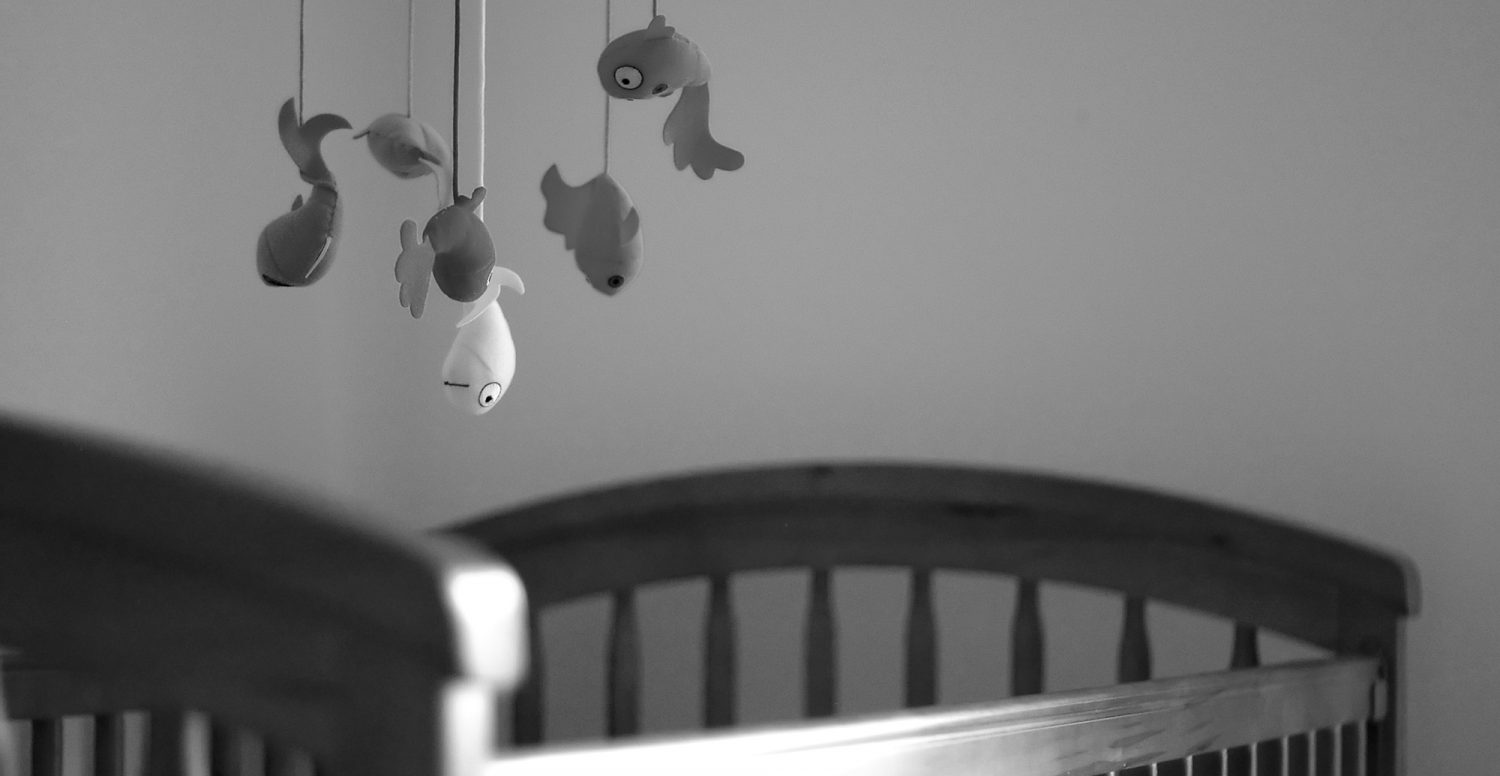A contributions based payment for parental leave
Increasing maternal employment is one of the key public policy challenges for the next decade. We need to look beyond childcare towards other ways of helping women and men increase their ability to combine work and care. Introducing a payment...
Increasing maternal employment is one of the key public policy challenges for the next decade. We need to look beyond childcare towards other ways of helping women and men increase their ability to combine work and care. Introducing a payment for the existing period of unpaid parental leave, accessed in return for contributions, would be one step on the way to a more parent friendly system.
As the Resolution Foundation put it, the UK has a ‘missing million’ working women, compared to the best performing countries in the OECD. Raising female employment, and in particular maternal employment, is key to addressing Britain’s high child poverty rates: according to the Households Below Average Income 2010/11 figures 17 per cent of poor children live in homes where one adult is in full time work and one isn’t working. It’s also key to making our welfare state more affordable in the long term. The UK is entering a period of concentrated demographic change as the baby boom generation retires, which will inevitably lead to a shift in the ratio between workers and non workers; at present the ratio between those under 15 and over 65 and workers is 0.89 but on current patterns of employment by age and gender, this will rise to 1.18 (by 32 per cent) by 2051. Raising female employment can’t reverse this change but it can slow it: mirroring the achievement of the better performing countries could halve the growth in the dependency ratio.
One of the most obvious ways to increase parental employment is to improve the availability, quality, and critically affordability of childcare. But we also need to think about other ways to make paid work more feasible for parents. One step towards addressing this could be to provide contributions-based benefits for the current period of statutory unpaid parental leave, of up to 13 weeks for each parent before the child’s fifth birthday. The fact that this leave is unpaid makes it difficult for parents to take up. Providing access to a benefit during this period for those who have made sufficient contributions (perhaps on the same basis as for maternity leave, that is having been employed for six months) would both make this leave more accessible and fit with the idea of a more contributory welfare state.
